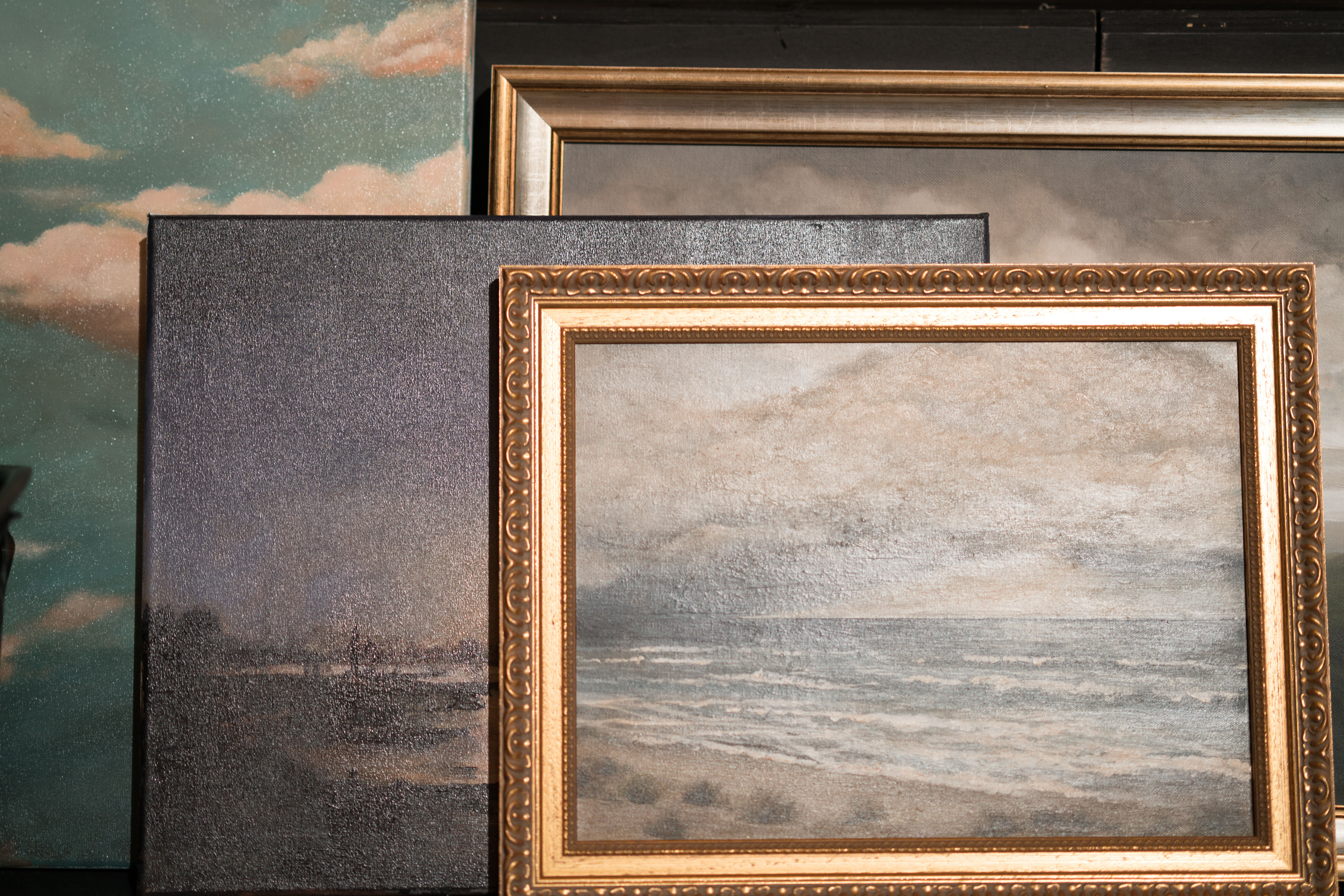
" Stefan Hertmans is a dear friend. I like working with and for friends. War and Turpentine is a book that is close to my heart. But a successful novel, a bestseller, is always dangerous. War and Turpentine is to Stefan what Isabella’s Room is to me. A milestone in a career, a paradigm in an oeuvre, as it is sometimes described. Is this book the best in his oeuvre? In a capitalist sense it most certainly is. In our part of the world it is rare for a poet to earn money from his scribblings. But that’s as far as it goes. War and Turpentine is the umpteenth crystalline blow from a great thinker, visionary poet and incisive essayist. It certainly adds more colour to his oeuvre. It makes him a ‘classical’ writer.
Both these works are about one’s own family, in his case a grandfather, in my case a father. Perhaps that’s why I have ventured to do it: because as a result of my experience with Isabella’s Room I know that we are living at a time when art has to reclaim its place at the heart of the public domain. By telling such personal stories, which are moreover rectilinear and irreversible, we laboriously drag ourselves out of the ivory tower where we so delightfully dwelled in the last century.
Stefan asked me not to bother him with the adaptation. He told me I could do what I liked with it, and that he would come and have a look sometime. This was a mark of extreme confidence and esteem that was a great encouragement. But what is an adaptation? Reducing 400 pages to 40, it’s as simple as that. Destroying nine out of ten pages. Trying to make a two-hour performance by mutilating a masterpiece. I was only too aware of this. By distancing myself from an interesting book, I have tried to make an interesting play. I built in a number of difficulties to achieve it.
In the adaptation I have accentuated the autonomy of each medium to be found in theatre. Hertmans is a poet and that means that in his novels he is a writer of ‘sentences’. I have therefore not changed a single word, not added any writing, but only in some places changed the third person into the first to make the story theatrically more dynamic.
I asked the composer Rombout Willems to write for a classical trio: piano, cello and violin. A contemporary composer who welcomes the classical into his work. In my view, the true tragedy of the book lies in the fact that the twentieth century is impossible to understand and that to most people modern and contemporary art has turned out to be relentlessly rapid and iconoclastic. The hero of the story has to be understood in the light of this. He is broken by the horrors of the twentieth century and his own incomprehension of what beauty ought to be.
To illustrate this I have asked Benoît Gob, a performer and artist and also drawing virtuoso, to explore the academic drawing and painting of the 19th century and to portray the ‘virtuoso’ copyist on stage.
What is more, I have made the narrator a woman. This gives rise to a radically different interpretation of the book; in this way the play becomes something in its own right. In addition, more by necessity than anything else, I have left out Hertmans’ highly personal thoughts, the musings of the first-person subject, which give the story a special timbre. To enable another conflict to arise on the stage. Because theatre always means conflict. Every moment on the stage is a conflict. Handing the story to a woman results in a new sense of tragedy. It is not by chance that Viviane De Muynck plays this role. She is not only one of the most captivating actresses currently roaming Europe (you can take that quite literally), but also a good friend and, just like Stefan, a significant partner-in-crime.
I have also added a new character: the Angel of History, developed and performed by Grace Ellen Barkey, my muse and support. She is the reader’s ‘original’ thought. The subjective observer who mentally puts the pieces back together and makes no distinction between living and dead, past and present. It was by starting on the adaptation with these two women in mind, and knowing that I could rely on Viviane’s tremendous dramaturgical insight, that I ventured to set to work on this radical masterpiece."
Jan Lauwers
